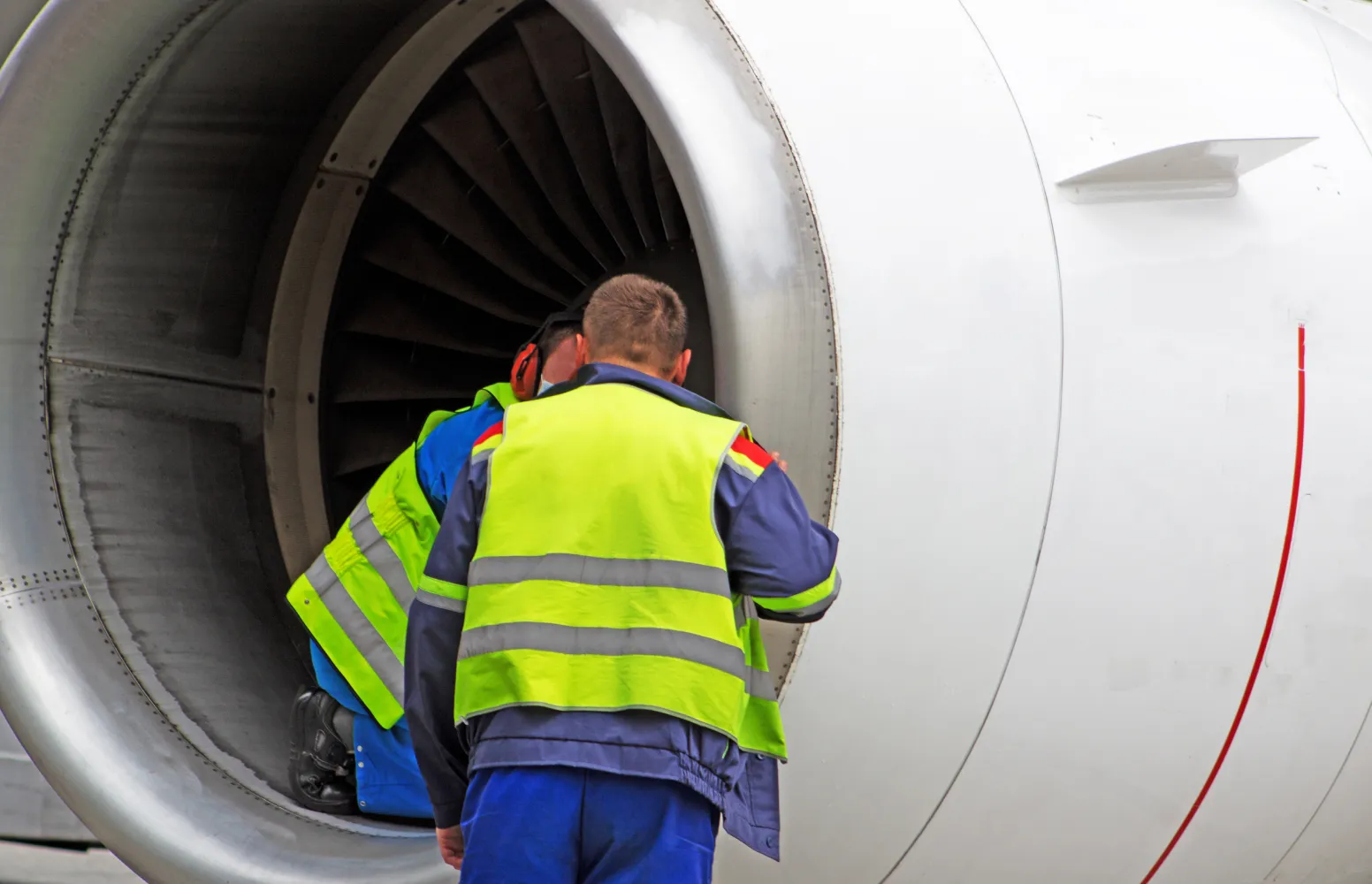13% of aviation professionals are unhappy. Here's how you can help
Tuesday, January 23, 2024
Marcus Sheen

A recent report by Aviation Job Search found that 13.6% of aviation professionals surveyed described themselves as unhappy. In fact, nearly half of respondents said they were unhappier than they were the year before.
This data comes from The Check In, the annual jobseeker report from Aviation Job Search which surveyed nearly 400 aviation professionals. Many spoke of increased pressure following the pandemic, increased passenger numbers but less resources to cope.
Paired with the cost of living crisis, it’s easy to see why those within the industry are feeling the pressure. But there are steps you can take to help soften the impact this has on their mental health. A happier workforce is a healthier workforce, and increased employee satisfaction will increase staff loyalty at the same time.
Products such as Social Takeover even allow companies to promote their positive workplace culture to our audience of aviation professionals to help recruit positive, like-minded people through creative media such as video.
Here’s our top tips for keeping your employees happy and motivated:
Communication is key
Keep an open line of communication to address concerns that employees might have. Ensure that employees feel heard and valued by actively seeking their feedback and suggestions.
Recognition and appreciation
Acknowledge and appreciate employees for their hard work and dedication, especially during challenging periods. Even a little ‘thank you’ or acknowledgement goes a long way to making an employee understand their work doesn’t go unnoticed. Also consider Implementing a recognition program to highlight outstanding performance and achievements.
Competitive compensation
Review and adjust salaries to remain competitive in the market, considering the rising cost of living. Offer performance-based bonuses or incentives to motivate and reward high achievers. Sometimes the cost of giving payrises will outweigh the expense of recruiting and training new employees to replace those who leave in search of better pay.
Flexible work arrangements
Provide flexible work schedules or remote work options where possible, acknowledging the need for work-life balance. Consider implementing compressed workweeks or flexible start and end times.
Training and development opportunities
Invest in ongoing training and development programs to enhance employees' skills and career growth. Show a commitment to employees' professional development, which can boost job satisfaction and increase loyalty. As Richard Branson once said, ‘train people well enough so they can leave, treat them well enough so they don't want to.’
Health and wellbeing support
Offer wellness programs that focus on physical and mental health, including access to counselling services. Consider providing gym memberships, wellness workshops, or mindfulness sessions to support overall wellbeing.
Team building activities
Organise team-building events and activities to foster a positive and collaborative work environment. Encourage social interactions among team members to strengthen relationships. Even gamified morning catch-up meetings can help build trust and motivate employees and improve communication.
Clear career paths
Nobody wants to feel like they’re in a dead-end role, so make sure you provide clear career progression paths and opportunities for advancement within the organisation. Regularly discuss career goals and aspirations with employees to align their ambitions with company objectives to keep them motivated.
Employee involvement in decision-making
Give people a voice and involve employees in the decision-making process, especially when it comes to changes that may impact their roles. Seek input on important matters through surveys, focus groups, or regular team meetings. This will help increase employee loyalty because they will help take ownership of the direction of your business.
Employee assistance with financial challenges
64% of aviation professionals told us their salary wasn’t keeping pace with the cost of living. Offer financial wellness programs or workshops to help employees navigate economic challenges and consider exploring partnerships with financial advisors to provide guidance on budgeting and financial planning.
Emphasise safety and wellbeing
Employees don’t want to feel like their safety is secondary to their happiness and wellbeing. Prioritise safety measures to create a secure working environment, given the nature of the aviation industry. Communicate and enforce safety protocols consistently to ensure employees' physical and mental wellbeing.
By implementing these ideas, aviation companies can create a supportive and positive work environment, even in the face of economic challenges and increased workloads. If your aviation business is a positive place to work, make sure you promote this via your Company Profile page or Social Takeover.
About Aviation Job Search
Specialising in aviation recruitment, we give airlines and companies the tools to connect with aviation professionals so they can grow. Find out how we can help you today.







